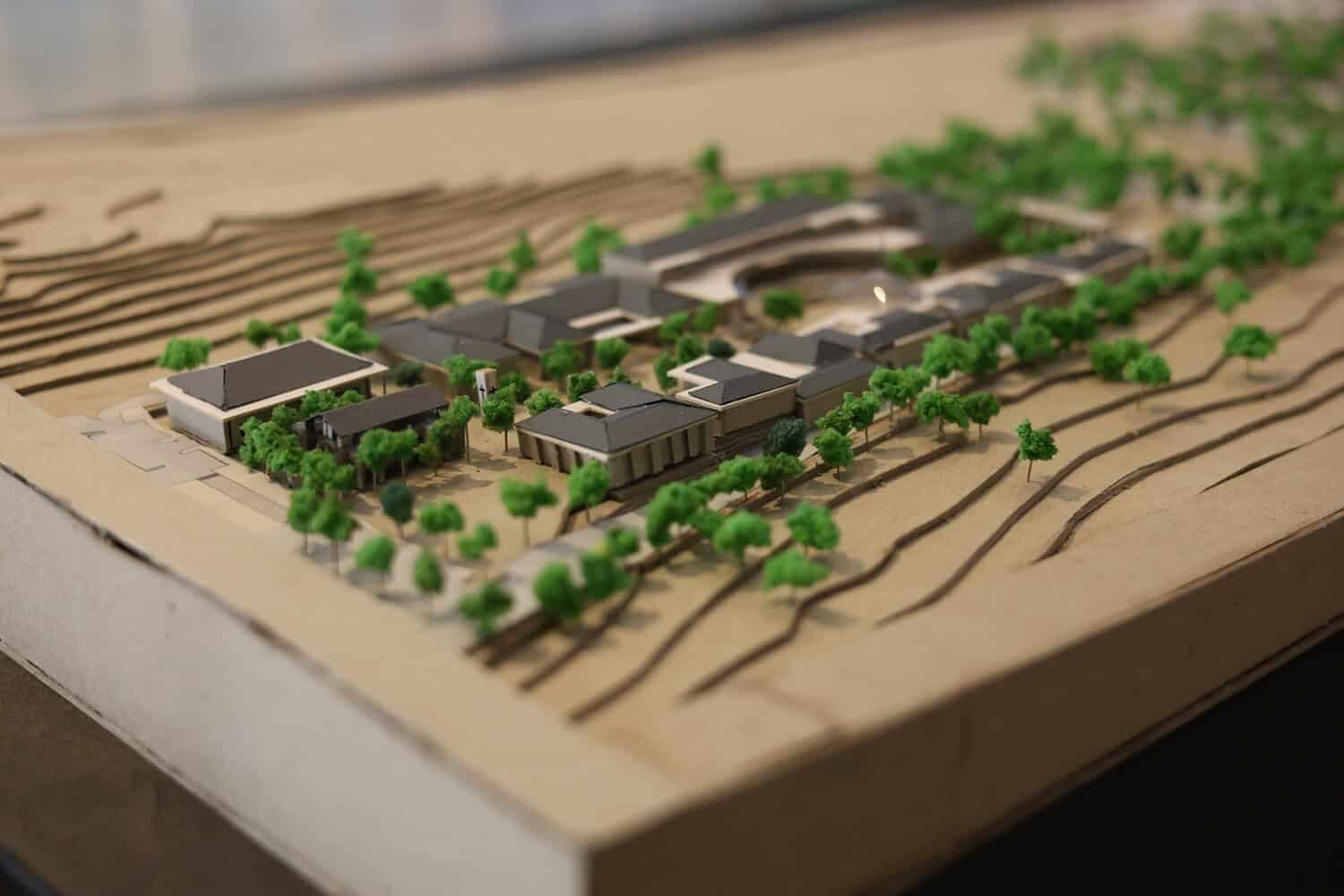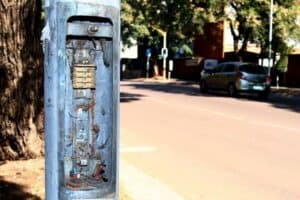Akademia will open a new all-Afrikaans campus in 2028, offering accredited programmes and world-class higher education.

The Akademia all-Afrikaans university will be expanding to a new campus in the east of Pretoria.
It was established in 2012 as an non-profit organisation and as an inclusive Afrikaans higher education institution that is rooted in the classical Christian tradition.
Akademia managing director Marthinus Visser said the planned world-class campus dream was taking shape and should open its doors in 2028.
Akademia offers Afrikaans as a medium of instruction
Visser said Akademia offers Afrikaans as a medium of instruction, while most public institutions provide tuition exclusively in English, and does not exclude any individual based on race.
“Anyone who aligns themselves with the values of the institution and who adheres to the set admission requirements, as informed by the DHET’s [department of higher education and training] registration framework for the institution, can study at Akademia,” he said.
Visser said Akademia offers a variety of accredited academic programmes across five faculties.
ALSO READ: PICTURES: Vrystaat Arts Festival celebrates creativity
He said to achieve national recognition, Akademia, like all other private higher education institutions (PHEIs), must comply with the regulatory framework set out by the department of higher education and training (DHET).
“The institution’s academic programmes are accredited by the higher education quality committee and, as such, are also registered on the National Qualifications Framework by the South African Qualifications Authority,” he said.
“Our adherence to these regulatory processes confirms that we meet national standards for quality and that the qualifications we offer are comparable to those from public universities. It is unlawful for any PHEI to operate outside the regulatory authority of the DHET [Higher Education Act, 1997].”
No shortage of lecturers in PHEIs
Visser said the policy framework for internationalisation in higher education, as drawn up by the DHET, offers comprehensive guidelines to the integration of global dimensions into all aspects of the higher education system, be it teaching, research and service.
He also said there wasn’t a shortage of lecturers as the PHEI sector at present employs a total of 8 125 lecturers.
“Within this landscape, Akademia sources its academic staff from within the pool of 138 other PHEIs, the broader public university sector and the industry at large,” he said.
ALSO READ: Afrikaners must be part of the national dialogue
“To be considered as a lecturer, an individual must have obtained a formal academic qualification higher than the level they will be lecturing in. A formal application process is applicable to identify the most well-suited candidate for the set vacancy.”
Visser said the cost of academic programmes varies and, unfortunately, offers no scholarships because Akademia, as a PHEI, receive no state funding; tuition fees are positioned in the same costing band as most public institutions.
“Akademia is a non-profit higher education institution [without shareholding] – as per our registration statute set by the DHET,” he said.
No backlash
“Considering this, we are dependent on external funding, donors and investors. For the development of our new campus in the east of Pretoria, the property investment company, Kanton, is responsible for raising the capital needed for the project.”
Visser said they haven’t received any backlash, adding he would be surprised if there were political pushback “as this is a positive project that trains skills for the country and inspires other communities”.
“Our future developments are guided by educational priorities rather than political considerations. We are committed to fostering a world-class learning environment,” he said.
NOW READ: Playing race card is red herring






